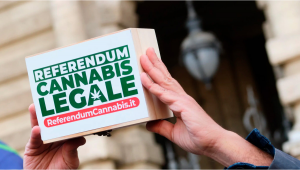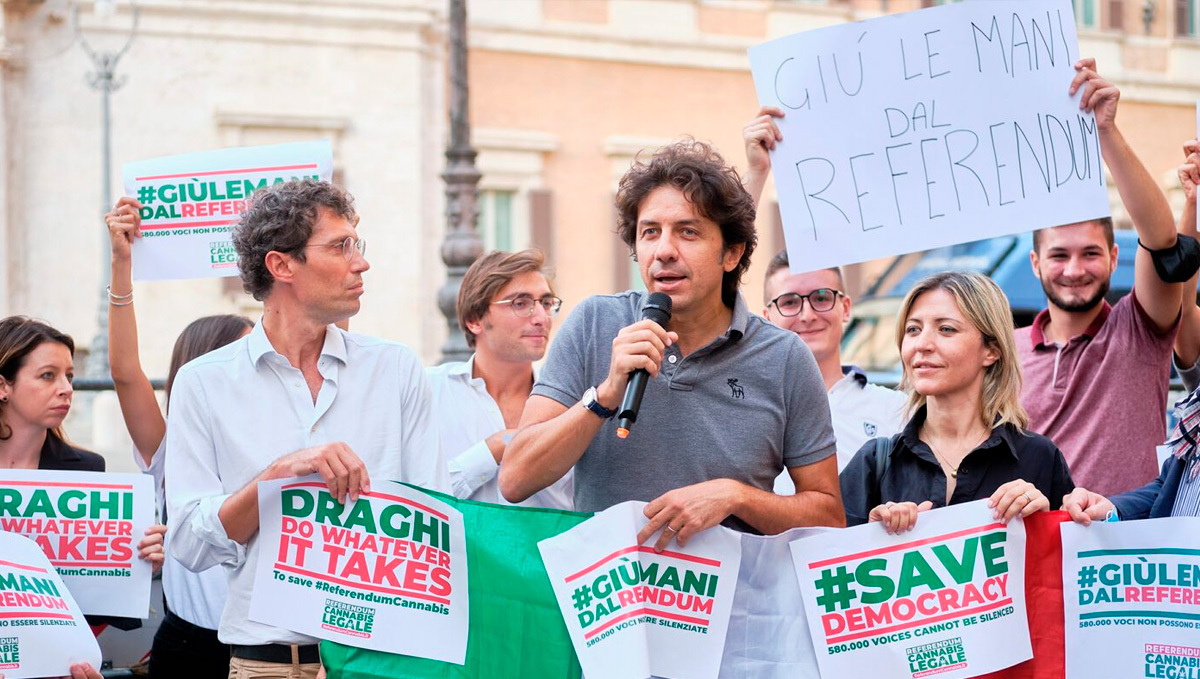Italy: Court Stalls Referendum to Legalize Weed Growing

A popular referendum that seeks to decriminalize the cultivation of cannabis for personal use may not happen this year. A ruling by the country’s Constitutional Court last week said the ballot would violate Italy’s obligations under multiple international treaties.
The referendum was to be held in 2022 after a petition filed last September gathered 630,000 signatures in mere days. The previous attempts by the authorities to reject the initiative on technical grounds have failed, but the recent court ruling places it under a serious threat.
A Loophole to Legalize Hard Drugs?
The panel of judges of the Constitutional Court cited the need to comply with numerous international agreements on drug trafficking that Italy had signed. And according to Giuliano Amato, the Court’s president, the language of the petition is broad enough to include opium poppy and other hard drugs.
The activist group behind the initiative, ReferendumCannabis, however, maintains that its primary goal is to make it easier for medical patients to grow their own medicine. The therapeutic use of the substance has been legal in Italy since 2006, but the system has yet to take off due to bureaucracy, the unwillingness of doctors to prescribe cannabis, and constant shortages.
Another objective of the proposed referendum is to take the revenues from the hands of organized crime. It is estimated that about 6 million Italians buy their cannabis from criminals each year.

Undermining Rights Instead of Protecting Them
The advocates were outraged by the court ruling because it defied the constitutional right of hundreds of thousands of voters who had backed the initiative. They also pointed to the fact that the current policy had decades to put an end to illegal trafficking but failed to do so. The activists said they needed a couple of days to regroup and decide on the new course of action.
Recently two European states have enacted laws similar to those that were proposed in Italy. Luxembourg now allows home cultivation of up to 4 weed plants, and Malta went a step further in also allowing a not-for-profit distribution of marijuana through social clubs. Germany’s new coalition government has promised full legalization and commercialization of the drug within the next four years.







Comments